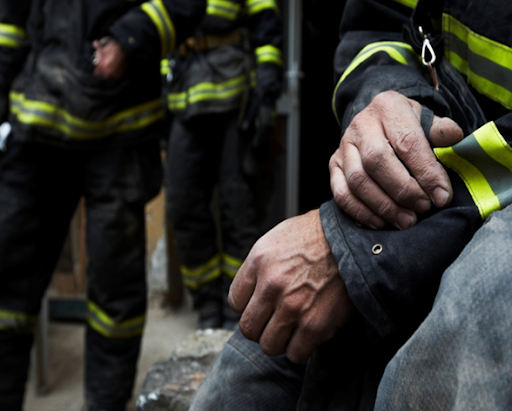It’s no secret that alcohol has historically played a central role in the social traditions and culture of the fire service. Fire fighters will offer a variety of reasons for drinking alcohol — it builds comrade, enhances celebrations or eases the transition home after a long shift. But for those with co-occurring mental health disorders, alcohol is also used to help manage or mask symptoms, numb occupational trauma or ease the pain of grief.

You may already know that alcohol abuse is a concern in the fire service, but consider a few statistics:
- In a 2018 poll of nearly 7,000 IAFF members, 27 percent reported abusing alcohol or drugs to cope with occupational stress and related emotional problems
- In a nine-month study of 133 people admitted to the IAFF Center of Excellence, 65 percent met the clinical criteria for alcohol use disorder
- In a FEMA-funded study of 656 male fire fighters, approximately half reported binge drinking in the past month
Fire fighters are not alone in their struggles with alcohol abuse and addiction. According to the Centers for Disease Control (CDC), alcohol is blamed for 88,000 deaths every year. Diverse health experts agree that alcohol is linked to a host of health problems, including cirrhosis, hypertension, pancreatitis and certain types of cancers, as well as some mental health disorders.
Chances are, you personally know a fire fighter whose life has been negatively impacted by alcohol abuse or dependence. Maybe that fire fighter is you. If your drinking has caused problems with your job, health, family or happiness, it’s time to take a closer look.
12 Questions to Ask Yourself
These questions are not a diagnostic scale, but a personal awareness questionnaire often used by Alcoholics Anonymous. Answer honestly; no one is watching you, nor can they force you to act if you are not ready. The first step to taking your life back is admitting the problem to yourself.
- Have you ever decided to stop drinking for a week or so, but only lasted for a couple of days?
- Do you wish people would mind their own business about your drinking — stop telling you what to do?
- Have you ever switched from one kind of drink to another in the hope that this would keep you from getting drunk?
- Have you had to have an eye-opener upon awakening during the past year?
- Do you envy people who can drink without getting into trouble?
- Have you had problems connected with drinking during the past year?
- Has your drinking caused trouble at home?
- Do you ever try to get extra drinks at a party because you do not get enough?
- Do you tell yourself you can stop drinking any time you want to, even though you keep getting drunk when you don’t mean to?
- Have you missed days of work, school or other important obligations because of drinking?
- Do you have blackouts?
- Have you ever felt that your life would be better if you did not drink?
If you answered yes to any of the questions above, you may have a problem with alcohol. If you answered yes to four or more questions above, it is likely you have a problem with alcohol.

One More Question
Are you ready to do something about your alcohol problem?
Talk to a trusted friend, a peer, your spouse or chaplain. Acknowledging your problem to someone else adds a level of support and accountability that you will get the help you need. For some, outpatient treatment is enough to address alcohol problems. For others, inpatient, residential or detox care may be needed. Talk to your doctor or mental health care professional today.
If you are an IAFF member and are not sure what kind of help you need, call the IAFF Center of Excellence for a free and confidential screening. The Center of Excellence is a residential mental health and substance abuse treatment facility exclusively for IAFF members located in Upper Marlboro, Maryland. The Center offers detox, inpatient, partial hospitalization, intensive outpatient and outpatient levels of care for alcohol, substance abuse and other behavioral health problems.
Sources:
Jahnke, Sara. “Firefighters and alcohol, what the data says.” Fire Rescue 1, April 7, 2015. Accessed September 26, 2019.
Alcoholics Anonymous. “Is A.A. For You?” 1973. Accessed September 26, 2019.
Centers for Disease Control. “Alcohol Use and Your Health.” January 3, 2018. Accessed September 26, 2019.
Usherly, David; Stulberger, Evan; Wagner, Liz; Bott, Michael; Manney, Dave. “I-Team: National Data Shows Firefighters’ Mental, Emotional Health Not Getting Enough Attention.” 4 New York. February 24, 2018. Accessed September 26, 2019.
Medical Disclaimer: The IAFF Center of Excellence aims to improve the quality of life for people struggling with a substance use or mental health disorder with fact-based content about the nature of behavioral health conditions, treatment options and their related outcomes. We publish material that is researched, cited, edited and reviewed by licensed medical professionals. The information we provide is not intended to be a substitute for professional medical advice, diagnosis or treatment. It should not be used in place of the advice of your physician or other qualified healthcare provider.




